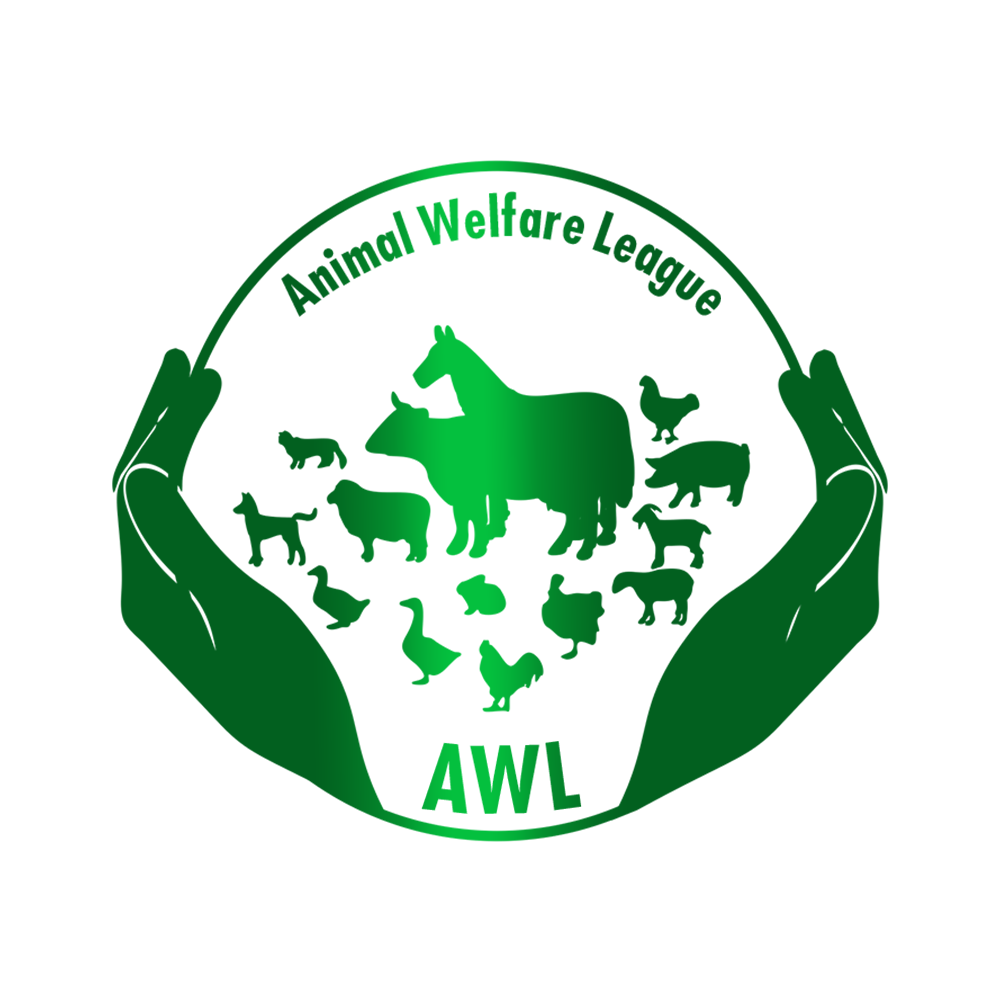
Cage-Free Campaign
BATTERY CAGE VS CAGE-FREE
The growth spur in Africa is occurring in every sector. Nigeria, South Africa, Ethiopia, and Ghana are anticipated to see productivity increases of 37%, 8%, 53%, and 45%, respectively, in the number of hens raised for food. Commercially farmed poultry in the region is expected to triple from 1.8 billion to 7.4 billion in the next two decades. In many African countries, as many as 60% of the hundreds of millions of hens utilized for commercial egg production are confined to battery cages throughout their entire lives.
The use of battery cages is widely recognized as one of the most inhumane aspects of animal agriculture, as it entirely prevents hens from engaging in their natural behaviors, subjecting them to lives filled with severe suffering.
This suffering is exacerbated by the weather conditions across Africa. The continent is mainly hot, with soaring humidity in most parts.
Image is representative of a typical battery cage poultry farm
Extreme Confinement
Each enclosure confines 5 to 10 animals within an extremely limited space, leaving hens with less living area than an A4 sheet of paper. This severe confinement deprives them of the ability to walk freely, fully stretch, or engage in wing flapping.
Hygiene Neglect
The battery cage confinement prevents hens from bathing in dust, a crucial activity for maintaining cleanliness and health. As a result, their excrement often accumulates on the barn floor. In distressing instances, hens that manage to escape the enclosures may become trapped in their waste, leading to death or severe suffering.
Bone Disorders
The lack of movement results in the development of debilitating bone conditions among battery-caged hens.
Mortality
A significant number of hens do not survive the conditions in battery cages, and those that do are often compelled to coexist with the remains of their deceased counterparts.
Deprivation of Natural Behaviors
Battery-caged hens are unable to express essential behaviors such as nesting when preparing to lay eggs, which is a fundamental aspect of their natural instincts.
Social Interaction Deprivation
Despite hens having an inherently social nature, these animals are unable to engage in healthy social interactions due to the extreme confinement they endure in battery cages
CAGE-FREE AND FREE-RANGE
Within cage-free systems, hens reside in sheds. Within these sheds, they have access to enhanced zones that include nesting boxes for egg-laying, sections with straw for grazing, and perches for climbing.
Free-range is a cage-free system where hens have access to outdoor spaces for grazing on grass or the ground.
DOES CAGE-FREE MEAN NO CRUELTY?
Cage-free systems offer significant potential for minimizing animal distress. Hens go through different forms of pain throughout their lives. Disabling pain can be reduced by 63%, hurtful by 57%, and annoying pain by 70% in cage-free aviary compared to battery cages.
WHAT ARE CONSUMERS SAYING?
Public Health Risk
Consumers Do Not Want Eggs From Suffering
Consumers Do Not Want Eggs From Suffering
Cage confinement of laying hens is associated with significantly higher rates of salmonella, raising severe food safety concerns for consumers.
Globally, 73 percent of all medically important antibiotics are used in animal agriculture. Research has shown higher welfare farming is associated with reduced use of antibiotics compared with conventional cage farming. This is seen in major egg producers around the world reporting consistently lower use of antibiotics in their cage-free farms. Listed below are antibiotics commonly used around the world.
Aminoglycosides
Amphenicols
Cephalosporins
Fluoroquinolones
Lincosamides
Macrolides
Penicillins
Sulfonamides
Tetracyclines
Animal Welfare
Consumers Do Not Want Eggs From Suffering
Consumers Do Not Want Eggs From Suffering
Cages cause hens to suffer, an estimated 11,207 hours of pain in her shortened life.
As a result, consumers around the world are rejecting cramped cages for hens.
In Ghana, 47.6% preferred eggs not from hens in confined conditions.
In Nigeria, 77.9% preferred eggs, not resulting from the suffering of hens.
In Sudan, 73.4% reject any form of animal cruelty towards hens.
National Cage-Free Directory and Farmers’ Network
This is a national network of farms practicing cage-free and pledging to go cage-free by specific dates. The directory is a subset of the farmers’ network, with 100% cage-free systems and other higher industry standard welfare practices. The network will be the primary recommended partners of our organization to international and local corporate bodies (hotels, resorts, restaurants, food chains) who have signed cage-free policies to source their poultry products from cage-free farms in the country and the region.
Farms in the network will have access to other benefits:
•Publication of farm details on our website
•Marketing and social media promotions of farms
•Cage-free production training
•Unique labeling of egg products
We are dedicated to building an ecosystem that supports a successful transition to cage-free production and sourcing in Africa. This addresses many animal welfare concerns and provides a sustainable solution to the fulfillment of cage-free commitments by corporations in the region.









